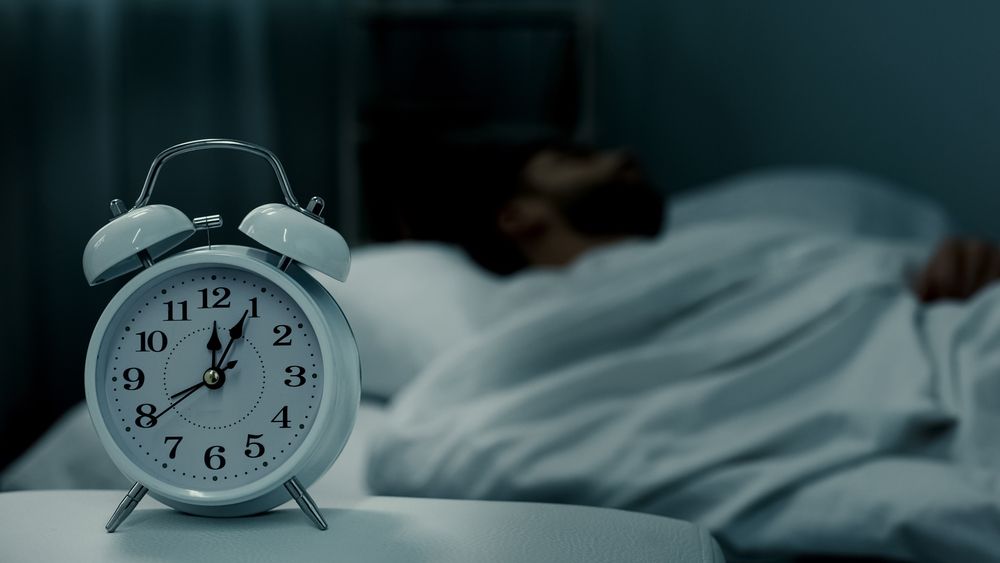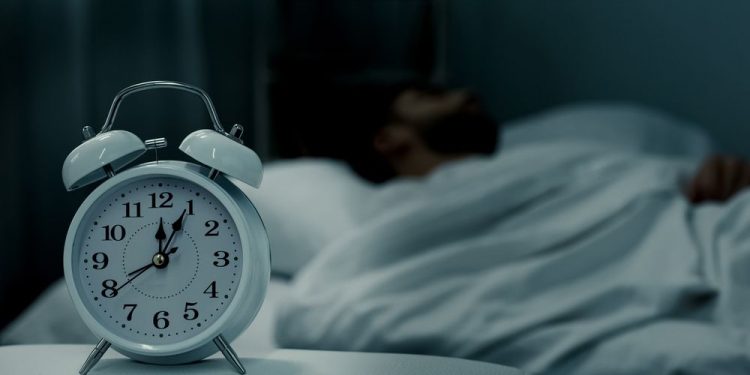Hypersomnia symptoms are the signs that you may have a sleep disorder, such as chronic fatigue syndrome or narcolepsy. They can have a significant impact on your quality of life, and it’s important to get medical help for them if you think they are serious.
Primary hypersomnia: A primary condition of excessive daytime sleepiness results from an underlying brain problem that affects how you feel and how well you sleep. It can be caused by medical problems, such as diabetes or a high blood pressure. It can also be triggered by certain medications. Symptoms include extreme exhaustion, waking up during the night and feeling like you need to nap.
Secondary hypersomnia: A secondary form of this condition develops when people suffer from other medical conditions, such as sleep apnea, Parkinson’s disease, kidney failure and chronic fatigue syndrome. They are very tired, but they do not sleep well at night, and this can make them feel even more exhausted during the day.
This type of hypersomnia is usually related to an underlying medical problem, and it can be difficult to treat. Treatment options may include medication or changes to your lifestyle, which can improve the way you feel and help you get a better night’s rest.
Medications and supplements: Some medications may cause drowsiness and could contribute to your condition, so you’ll need to talk to your doctor about changing the type or dose of these drugs. You might also be prescribed a supplement, such as 5-HTP or melatonin, that can help you fall asleep and stay asleep longer at night.

Cognitive-behavioral therapy: If your hypersomnia symptoms are caused by a mental health problem, such as depression or anxiety, a therapist can work with you to change the way you think and deal with negative emotions. These sessions can also teach you how to relax and avoid stress.
Join a support group: Finding support from other people who have the same sleep problem can help you cope with the emotional burden of this condition. You can find support through online communities and message boards or through support groups that focus on a particular sleep disorder, such as the National Sleep Foundation (NSF) and The Hypersomnia Alliance.
Lifestyle changes: A healthy, well-balanced diet and regular exercise can help you maintain a consistent sleep schedule. You can also try to limit your alcohol and caffeine intake in the afternoon and evening to reduce your chances of experiencing nighttime insomnia.
Treatment: Depending on the underlying medical condition that causes your hypersomnia, you’ll need to undergo a variety of tests and treatments to manage your symptoms. Your doctor will review your medical and sleep history, and they may order a polysomnography or other examinations to determine the root of your hypersomnia.
Getting a good night’s sleep is vital to your health, and you should always strive for seven to nine hours of sleep each night. When you have a sleep disorder, it’s easy to lose this crucial amount of rest.









